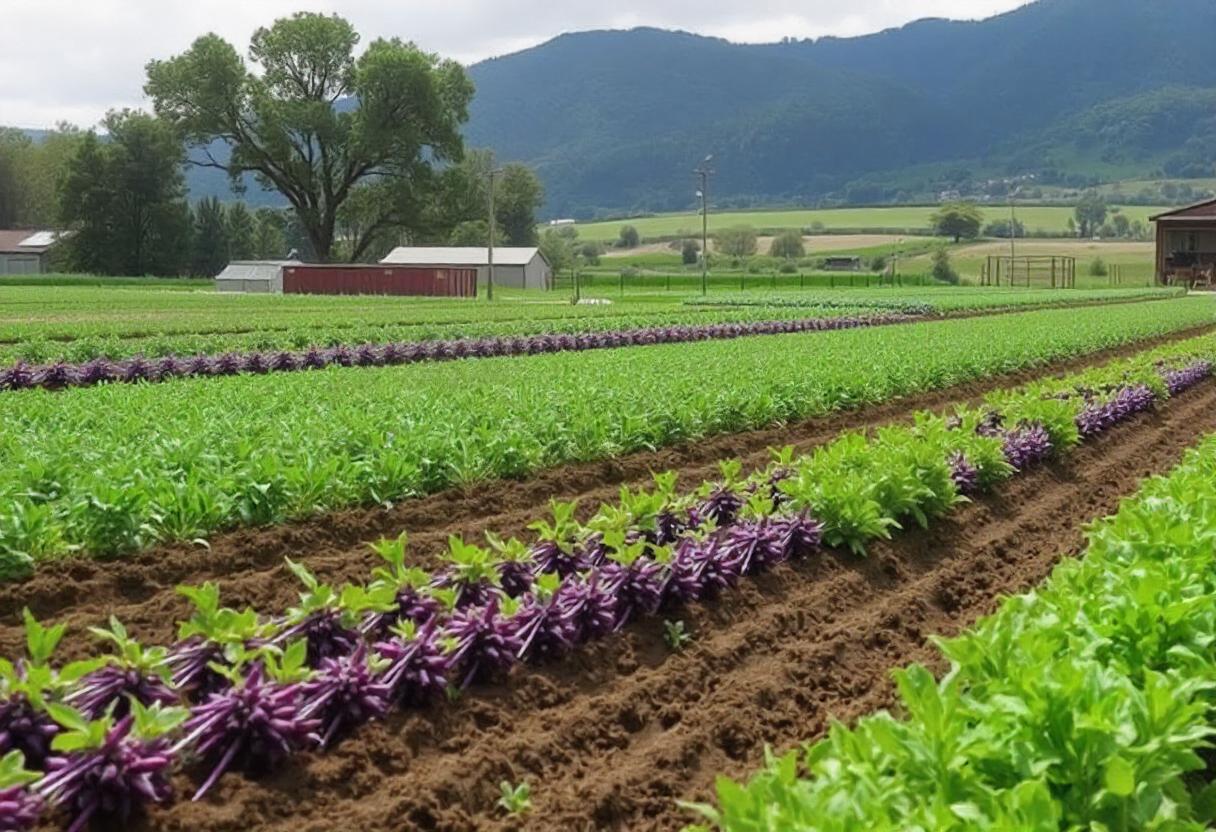
Monoculture and polyculture farming systems represent two contrasting approaches to agricultural production, each with distinct advantages and challenges. Understanding these systems helps in making informed decisions for sustainable and efficient farming.
Definition of Monoculture Farming
Monoculture refers to the agricultural practice of growing a single crop species on a particular piece of land for consecutive seasons. This method is widely used in modern, large-scale commercial farming, where crops such as corn, wheat, and rice are cultivated on vast tracts of land. It allows for greater specialization and easier mechanization, contributing to higher yields of a single crop type.
Definition of Polyculture Farming
Polyculture farming, on the other hand, involves growing multiple crop species in the same space simultaneously. This farming system mimics natural ecosystems and is often associated with sustainable agricultural practices. By cultivating a diversity of crops, polyculture can enhance biodiversity, improve soil health, and reduce the need for chemical inputs like fertilizers and pesticides.
Benefits of Monoculture Farming
Monoculture farming has several advantages, particularly for large-scale commercial production. Its benefits include:
- Increased Efficiency: Monoculture systems allow farmers to specialize in a single crop, making the use of mechanized tools and technology more efficient.
- Higher Yields: Focusing on one crop species enables farmers to optimize conditions, leading to higher yields and more predictable outputs.
- Simplified Management: Monoculture farming simplifies planting, pest management, and harvesting, reducing labor and operational costs.
Drawbacks of Monoculture Farming
Despite its benefits, monoculture farming comes with significant challenges:
- Soil Degradation: Continuous planting of the same crop depletes specific nutrients in the soil, leading to a decline in soil fertility over time.
- Increased Pest Pressure: Growing a single crop makes the system more vulnerable to pests and diseases that target that particular crop, often leading to increased reliance on pesticides.
- Environmental Impact: Monoculture farming often leads to habitat loss and reduced biodiversity, which can have long-term ecological consequences.
Benefits of Polyculture Farming
Polyculture farming offers a range of benefits that promote sustainability and resilience:
- Enhanced Soil Health: Diverse crop rotations and intercropping improve soil structure, prevent nutrient depletion, and enhance soil organic matter.
- Pest Control: Polyculture systems reduce the risk of pest outbreaks by disrupting pest cycles and promoting natural predators.
- Resilience to Climate Change: Diverse cropping systems are more adaptable to changing environmental conditions, offering better resistance to climate variability.
Drawbacks of Polyculture Farming
While polyculture has numerous advantages, it also presents certain challenges:
- Increased Management Complexity: Managing multiple crops requires more knowledge, labor, and time, making it less suitable for large-scale mechanized farming.
- Lower Yields: Polyculture systems may not produce as high a yield as monoculture systems for a single crop, especially in commercial farming settings.
- Difficulty in Scaling: The complexity of managing multiple crops can make polyculture less scalable for commercial agriculture, where uniformity and volume are often prioritized.
Environmental and Economic Considerations
Both monoculture and polyculture farming systems have implications for the environment and the economy. Monoculture tends to prioritize short-term economic gains by focusing on efficiency and high yields. However, its environmental costs, including soil degradation, loss of biodiversity, and reliance on chemical inputs, can reduce its long-term sustainability.
Polyculture, while more labor-intensive and less efficient for large-scale production, offers long-term benefits for soil health, biodiversity, and ecosystem services.